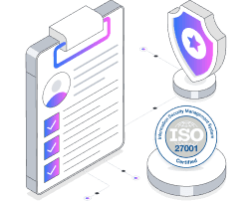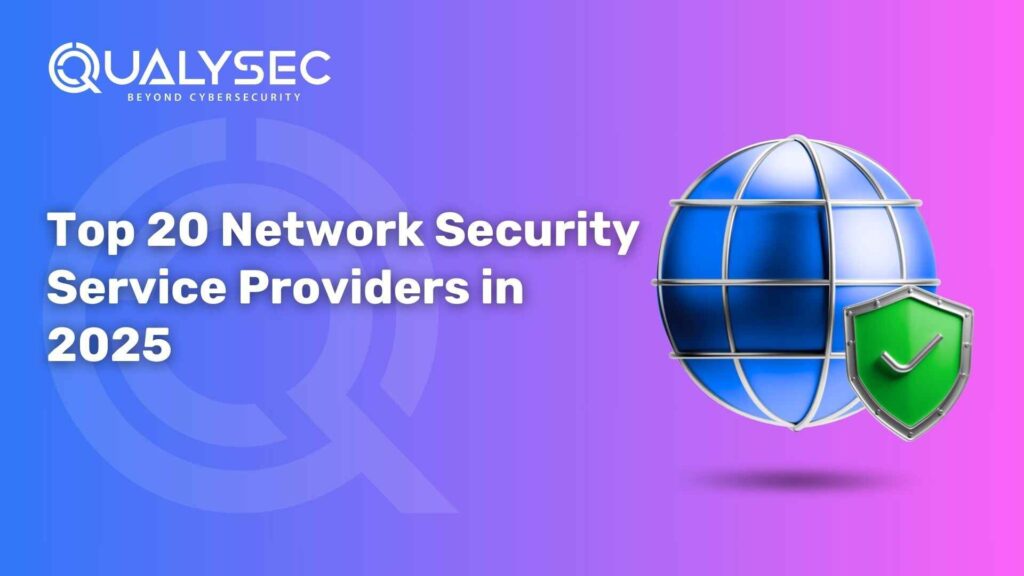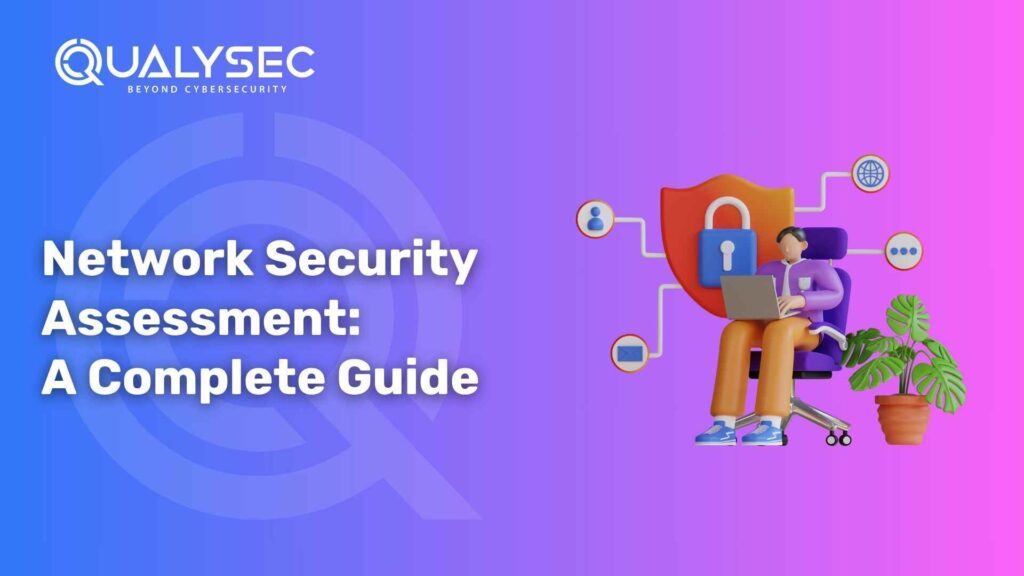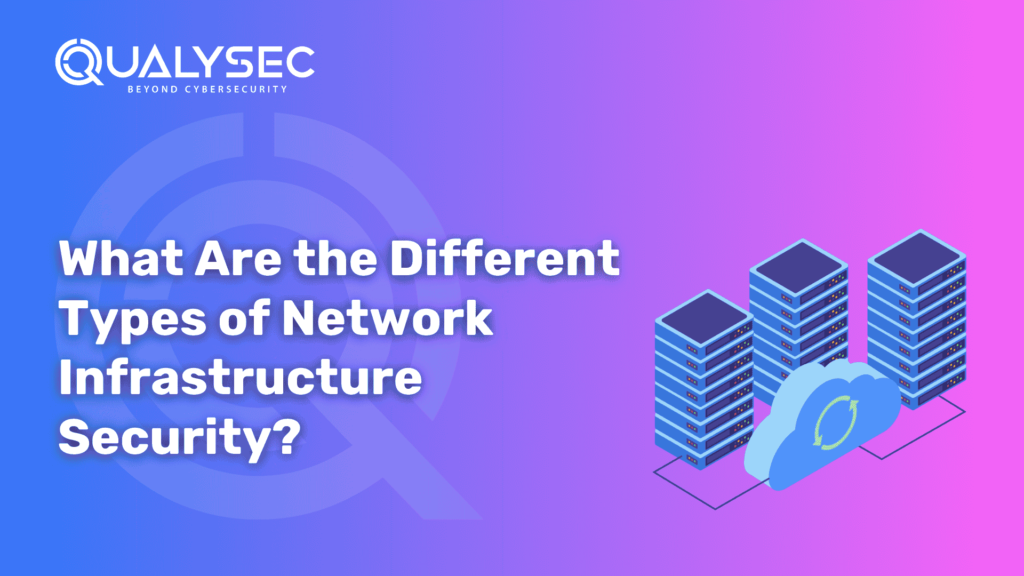Top 20 Network Security Service Providers in 2025
Through a growing dependence on digital and technological change, data breaches have grown more complicated and impactful, causing economic and psychological harm to enterprises. As a result, security teams in IT increasingly rely on network security service providers to ensure that their computer systems is safe and protected against these kinds of dangers. Why Outsource Network Security Services? Network security is an essential component for information technology and safety organisations, necessitating ongoing surveillance, modification, and control. Even so, administering network security in-house can be time-consuming and labour-intensive in many enterprises. This is exactly the outsourcing network security to service companies can make a significant difference. Outsourcing network security allows IT staff to concentrate on additional important facets of their employment, such as designing and executing fresh information technology methods, maintaining the networks, and reacting to significant IT crises. The Top 20 Network Security Service Providers 1. Qualysec Technology Founded in 2020, Qualysec quickly became a reputable security firm that provides crisis management, risk assistance, and VAPT operations services. Qualysec is a well-known major force in both the Network Security Service Providers and cybersecurity sectors.. An experienced staff at Qualysec is able to spot weaknesses that bad actors might take advantage of. They strengthen overall safety by working with clients to address these problems. Their staff of experienced safety experts and defensive experts makes sure that customers are privy to the newest security methods. By the norms of the sector, they provide VAPT services that include both computerised instruments and human knowledge, providing post-assessment advice, mitigating solutions, and precise results. For companies wishing to adhere to industry standards or show consumers that they are committed to safety, this all-inclusive solution is crucial. Companies can detect and address vulnerabilities before possible intrusions by conducting regular penetration tests. Because of this, Qualysec is a top security service provider of 2025, committed to improving the safety of the digital environment. “Also, explore our Network Penetration Testing services. Latest Penetration Testing Report Download 2. Palo Alto Networks Palo Alto Networks has an extensive record of receiving high marks in demanding external tests for safety and offers a wide range of protection solutions. It scores highly for safety on networks devices, expanded alerting and responding (XDR), internet of things (IoT) safety, software-defined broad area networks (SD-WAN), secure access service edge (SASE), and next-generation firewalls (NGFW) and endpoint detection and response (EDR) solutions. Although Palo Alto is best recognised for its all-inclusive cybersecurity solutions, it also demonstrated that it is a strong provider of security services by placing in the top four of the first MITRE-managed security tests. 3. Cisco Leading the way in networking and security worldwide, Cisco offers a comprehensive range of security products that protect a variety of resources, such as networks and the cloud. 4. Check Point Software Technology A prominent participant in the security space, Check Point provides a variety of products including mobile, cloud, and network security with an emphasis on proactive risk avoidance. 5. Fortinet Renowned cybersecurity firm Fortinet provides all-inclusive safety measures for the cloud, outcome, and networking settings. 6. CrowdStrike CrowdStrike specializes in Extended Detection and Response (XDR) methods, criminal intelligence, and protection of endpoints. 7. McAfee McAfee is a well-known security business that offers an array of protection services and goods, such as internet, systems, and endpoint safety. 8. IBM IBM provides a wide range of maintained safety services, such as crisis management, detection of risks, and network safety. It provides an extensive spectrum of network security services that are intended to protect important company information and possessions and assist IT safety personnel in keeping up with changing security threats. 9. Trend Micro With an emphasis on information about threats and heterogeneous settings, Trend Micro offers cross-layer detection and safeguarding for mail servers, devices, and packaged applications. 10. Kaspersky Kaspersky is a multinational cybersecurity business that provides a variety of safety responses, such as cloud computing, system, and endpoint safety. 11. Netsurion Network security services are offered by Netsurion to businesses of every kind. Their goods are made to guarantee the security of a company’s information technology settings and defend its network architecture against online attacks. 12. IT Goat IT Goat’s network security services are extremely valuable to teams responsible for IT security. Their offerings assist in identifying and mitigating network weaknesses, protecting from cyber assaults, and ensuring that personnel receive instruction to adhere to best practices in cybersecurity. IT security teams can be assured that their network is being safeguarded by a team of professionals when they collaborate with IT Goat. IT Goat provides a variety of products and services that assist security professionals in securing company networks from online dangers. 13. OneNeck IT Solution Network security serves as one of the professional IT services that OneNeck IT Solutions provides. It assists IT safety teams in protecting the IT infrastructures of businesses from online attacks. OneNeck IT Solutions is an all-encompassing resource for companies aiming to strengthen their information technology stance, offering a variety of solutions tailored to different facets of network security. 14. Cybriant IT security personnel can improve the company’s IT safety record from cyberattacks with the aid of Cybriant, an outsourced safety service company. Utilising modern equipment and a staff of skilled experts, Cybriant provides an extensive selection of network security services intended to protect important information and resources. 15. AT&T Security Service Network security solutions are offered by AT&T Security Services to businesses of every kind. Companies want coverage and comfort of assurance to maintain the safety and confidentiality within their IT surroundings, and AT&T Security Solutions offers a variety of configurable solutions tailored to suit every the company’s specific requirements. Ready to secure your network? Speak with our experts today. Talk to our Cybersecurity Expert to discuss your specific needs and how we can help your business. Schedule a Call 16. Core Security Service Core Security Services offers IT safety systems that assist IT security groups in safeguarding the company’s information and systems against cyber attacks. The






